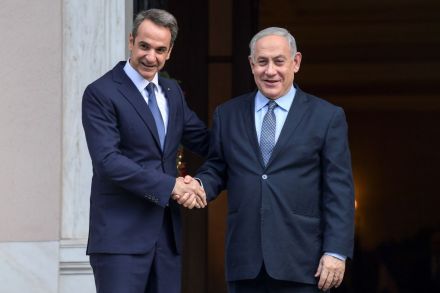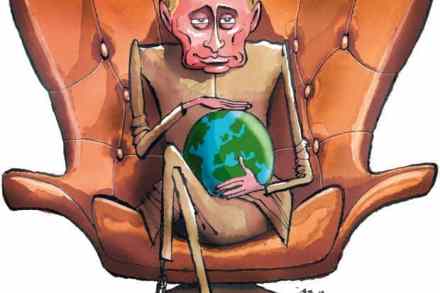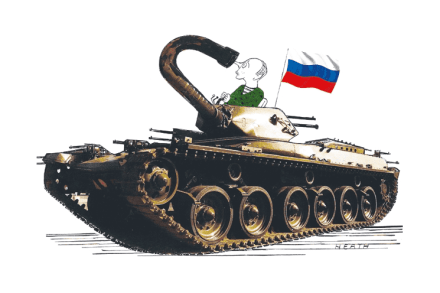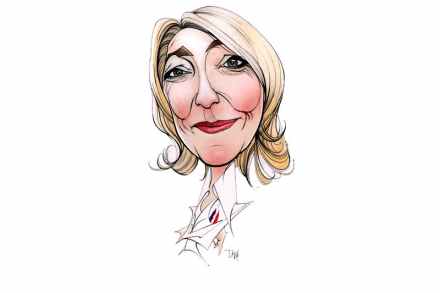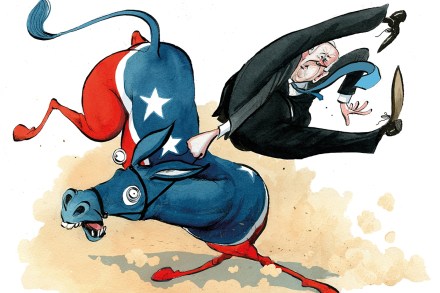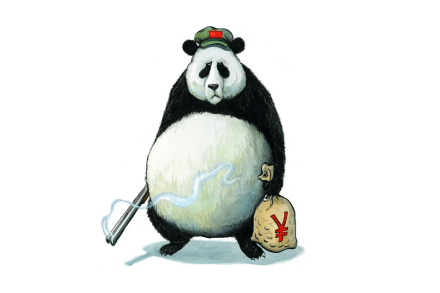What Europe can learn from Greece’s alliance with Israel
In the 21st chapter of his magisterial 1948 history of the Second World War, Winston Churchill began with an arresting statement: ‘The Greeks rival the Jews in being the most politically-minded race in the world.’ In his distinctive tongue-in-cheek yet insightful style, he explained: ‘Wherever there are three Jews there will be found two Prime Ministers and one leader of the Opposition. The same is true of this other famous ancient race, whose stormy and endless struggle for life stretches back to the fountain springs of human thought.’ Seventy-three years after they were written, these racial generalisations may ring dissonant in certain 21st century ears. But they resonated this week,
